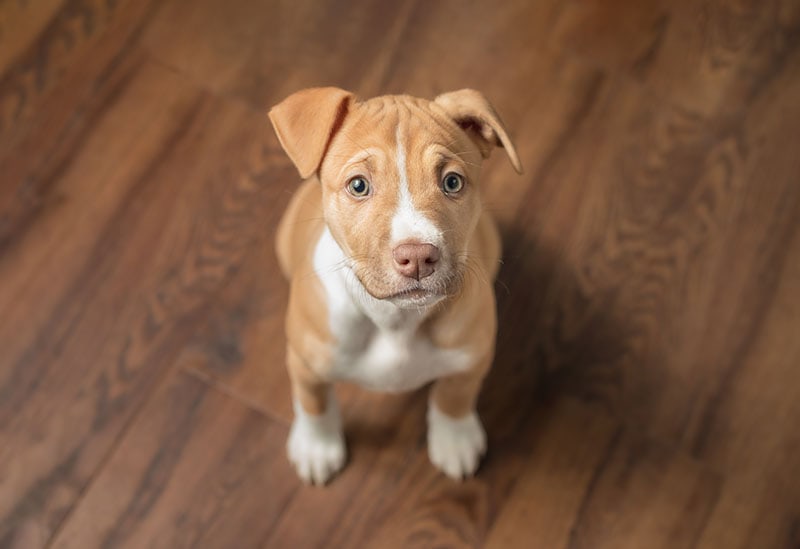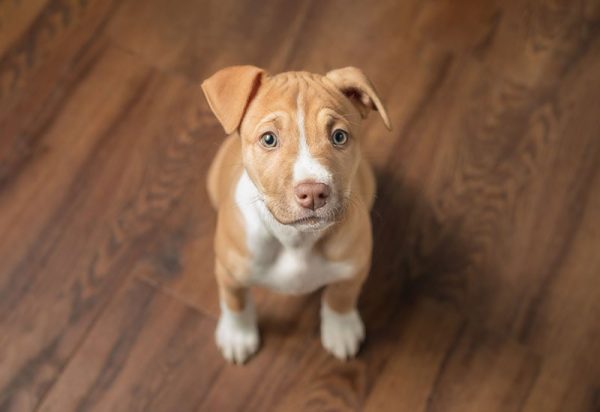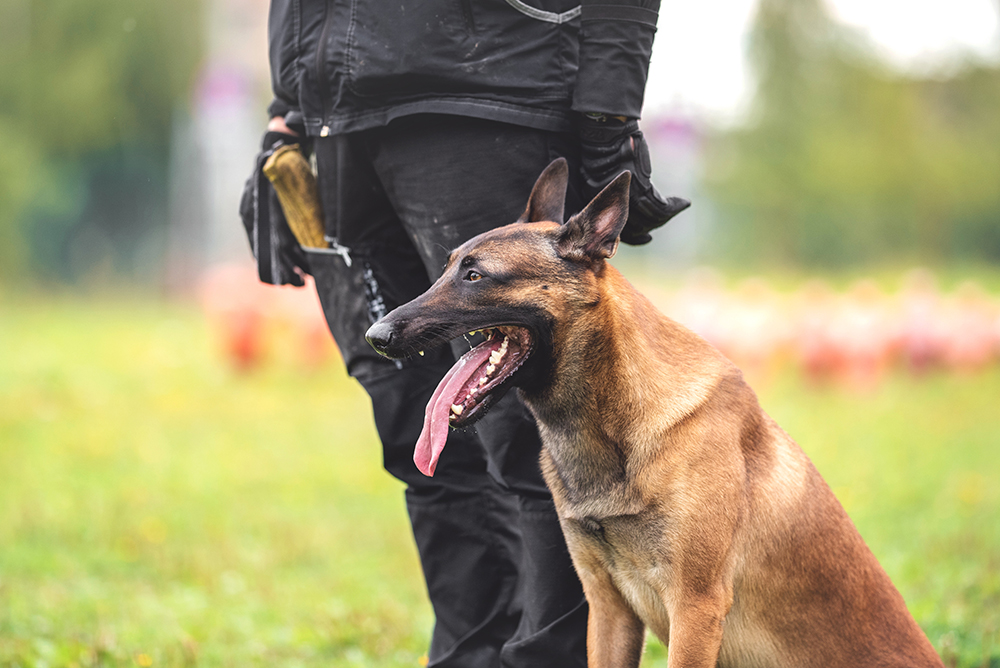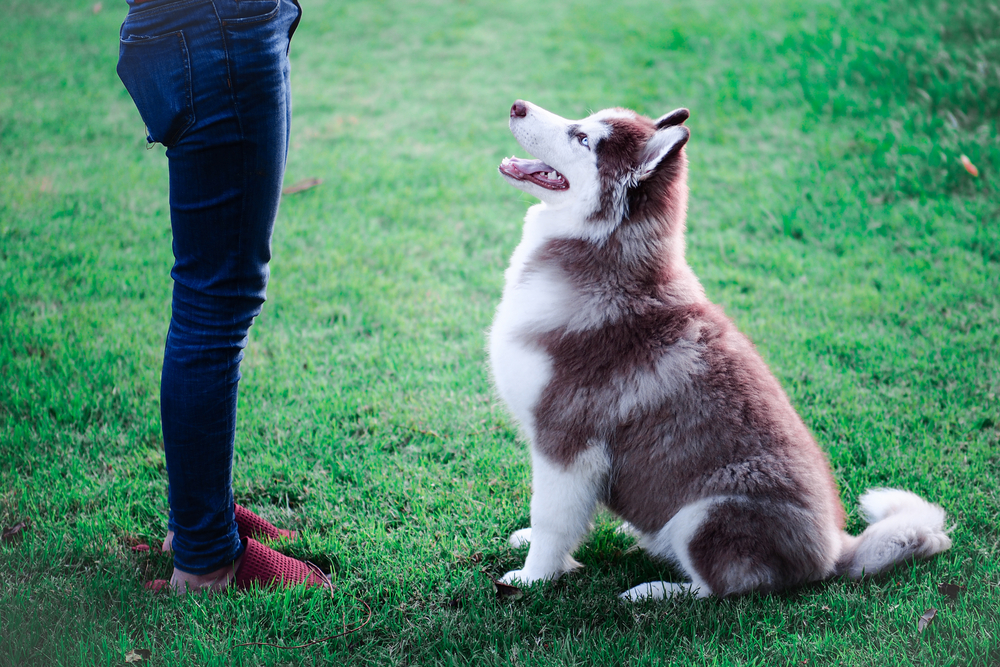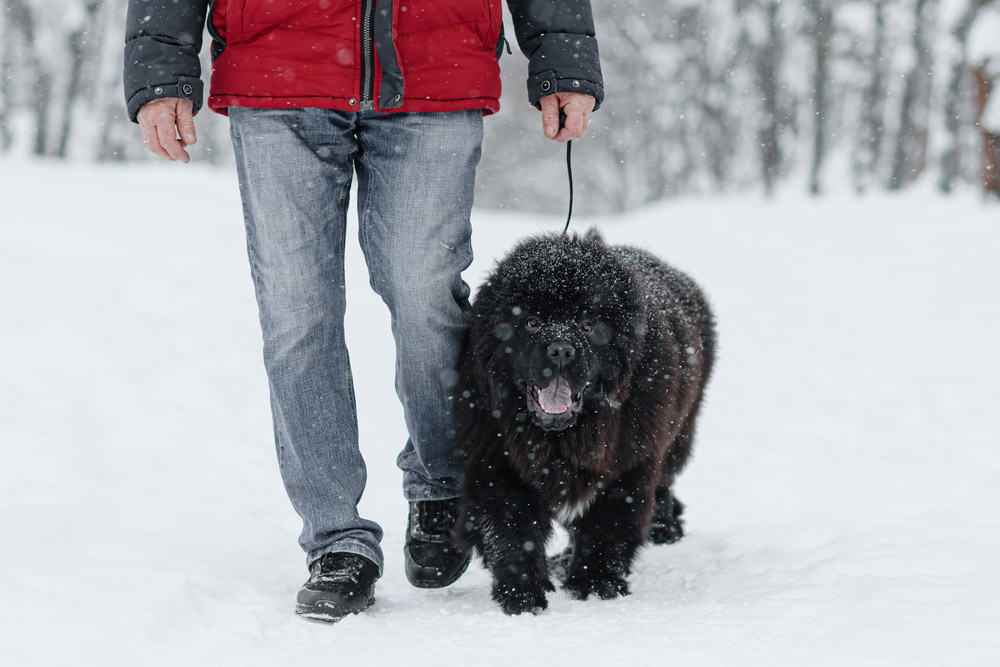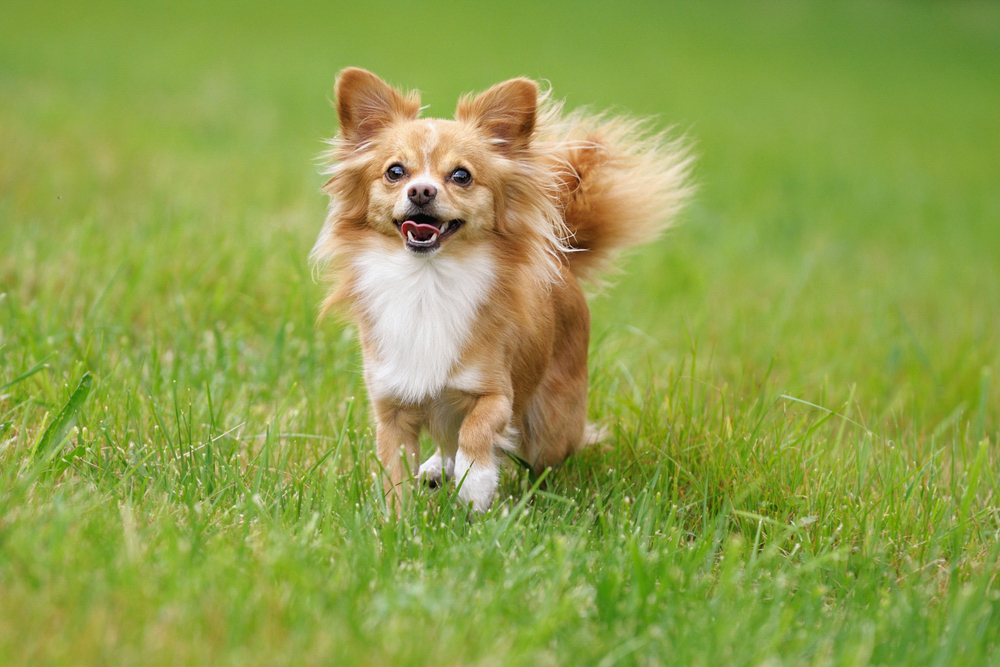If you are a proud Pitbull puppy owner, you know how frustrating it can sometimes be to teach them wrong from right. Since Pitbull puppies are incredibly energetic and spirited creatures, it is crucial to control their actions early on. During this time of their lives, they are curious and explore everything with their mouth, usually by chewing on objects. To prevent your dog from swallowing harmful things or hurting someone during playtime, you need to learn how to stop them from chewing and biting.
Below you can find several valuable tips on how to remedy this behavior and help your Pitbull puppy learn how to behave well.
The 8 Ways How To Train a Pitbull Puppy Not to Bite
1. Teach Them What They Can Bite
When your Pitbull puppy exhibits this behavior, it is essential to understand their needs and what they are trying to communicate. Especially when your Pitbull is still just a puppy, they will try to gnaw on anything they can get. Rubber toys, fluffy items, slippers, socks, chairs, and other valuables are all of great interest to your pet. It is crucial to establish from the start what items are acceptable for chewing before something you hold dear ends up torn apart or eaten.
Providing plenty of age-appropriate toys is the best way to prevent your puppy from chewing up your valuable items (or your hand!).
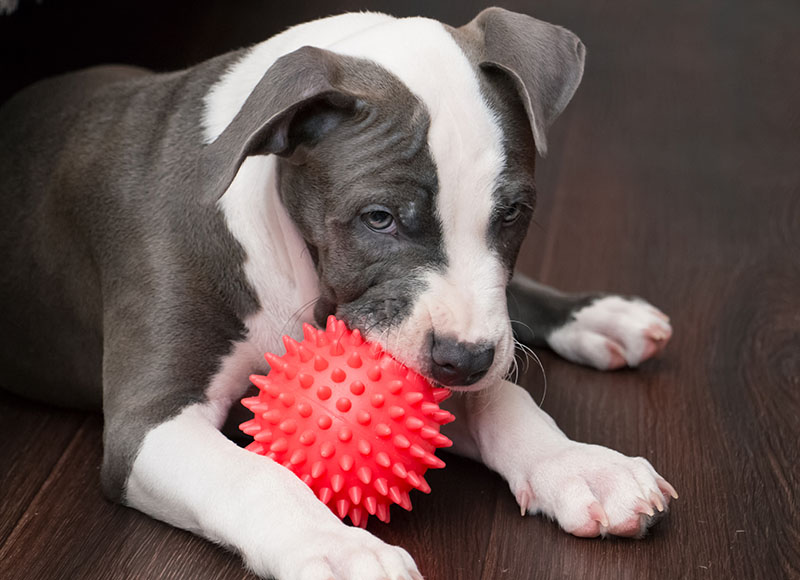
2. Avoid Punishment
The second valuable step for preventing your Pitbull puppy from biting is to avoid harsh punishments at all costs. If you continuously punish your puppy by hitting or shouting, they can develop a fear of your hand and even begin twitching anxiously when you try to pet them. The worst thing that can come from this scenario is your puppy becoming afraid of you.
If you catch your dog eating a strange object in the backyard, never punish them harshly—the next time they do something wrong, they will run away from you and refuse to listen when you command them to come.
3. Use Positive Reinforcement
Instead of always punishing your dog for every mistake it makes, it would be much wiser and more effective to reward every positive behavior. This means reinforcing all positive actions you’d like to see in your puppy. When you catch your Pitbull puppy chewing on something they’re not supposed to, it would be best to redirect its attention to something acceptable, such as a chew toy.
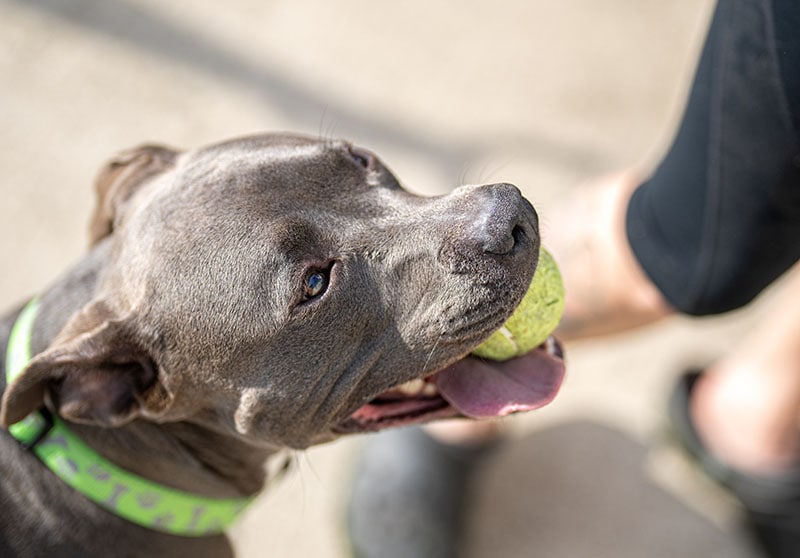
4. Provide a Lot of Physical and Mental Stimulation
One of the best pieces of advice you can get regarding Pitbull puppy chewing or biting is to ensure your puppy has plenty of healthy physical and mental stimulation throughout the day. The worst thing for a Pitbull puppy is boredom, which can quickly lead to destructive behavior. These puppies and even Pitbull adults are incredibly energetic, so daily outdoor playtime and frequent walks can go a long way.
An excellent way to stimulate your puppy mentally is to include puzzle toys in their daily routine. Puzzle feeders are another fantastic example of challenging your dog, as well as short “sniff” walks where you allow your dog to explore and find information through sniffing.
5. Make the Object Your Dog Bites Unpleasant
If your dog makes a habit of biting your hands, you can try using an unpleasant taste or smell and rubbing it on your hands. You can also use a taste deterrent and spray it on furniture where you know your dog tends to chew. These methods are not always effective, as some dogs tend to chew past the deterrent, so monitor the first few times you try this out.
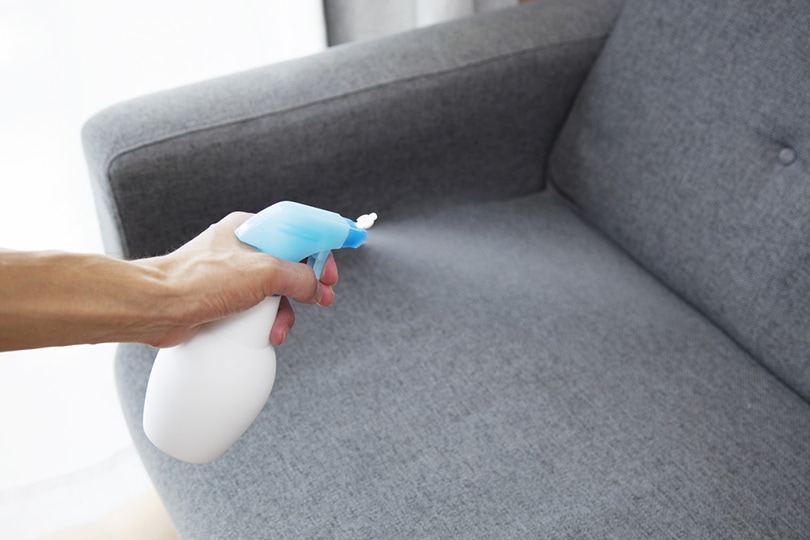
6. Denying Attention
Another fantastic method of teaching your dog appropriate and inappropriate behavior is to ignore them and deny any attention-seeking attempts. When your dog is trying to bite on you to get your attention, turn your back on them and use a sharp sound to make them stop.
If your dog persists with the unwanted behavior, you can even leave the room for a few minutes to let them calm down. Sometimes any type of attention directed towards your dog, even scolding, can hype them up to continue behaving a certain way.
7. Stay Consistent
Whatever method you decide to use, you must always remember to stay consistent in your decision; otherwise, your effort is all for nothing. It would be best if you were firm in your choices and didn’t change your mind about your puppy biting on your slippers and shoes. Set up strong boundaries and respect them at all times.
Once you are particular about what you want from your pet, it will be much easier to train them toward that specific goal.
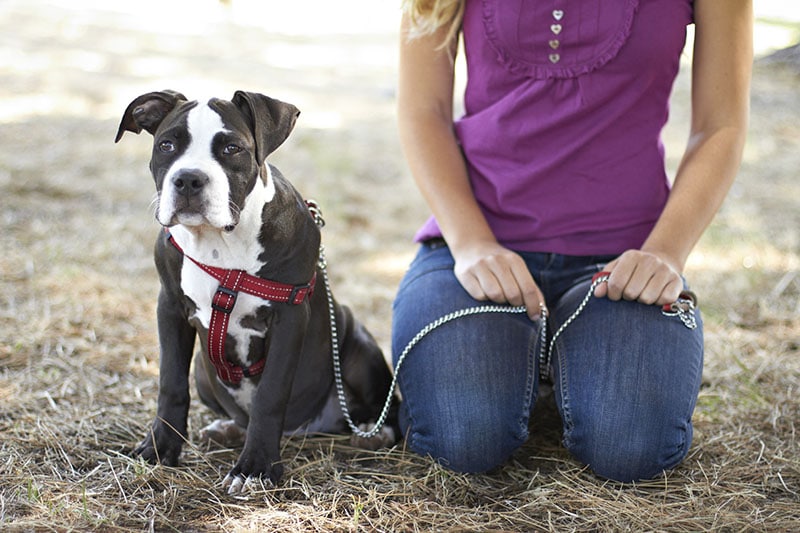
8. Puppy Training and Socialization Classes
If all else fails, you can always seek professional help training your dog and correcting specific behavior patterns. Especially with first-time dog parents, training can involve plenty of frustration from both sides, which can only take you into a never-ending loop of negative emotions. Puppy training and socialization classes will not only teach your dog how to behave but will help you handle these situations much more effectively in the future.
If your Pitbull puppy continues to exhibit biting behavior without any improvements, seeking help can significantly solidify your relationship by helping you better understand each other.
If you need help with your puppies behavior, we suggest speaking to a vet

If you need to speak with a vet but can’t get to one, head over to PangoVet. It’s an online service where you can talk to a vet online and get the personalized advice you need for your pet — all at an affordable price!
Conclusion
As we all know, Pitbull puppies are adorable furry balls of energy that like to bite and chew on anything they come across. You’ll need to try one or several of the methods mentioned above to control your dog’s negative emotions and teach what is acceptable for them to chew.
This article will give you all the insight and knowledge you need to teach your puppy wrong from right.
Featured Image Credit: sophiecat, Shutterstock
Contents
- The 8 Ways How To Train a Pitbull Puppy Not to Bite
- 1. Teach Them What They Can Bite
- 2. Avoid Punishment
- 3. Use Positive Reinforcement
- 4. Provide a Lot of Physical and Mental Stimulation
- 5. Make the Object Your Dog Bites Unpleasant
- 6. Denying Attention
- 7. Stay Consistent
- 8. Puppy Training and Socialization Classes
- Conclusion

